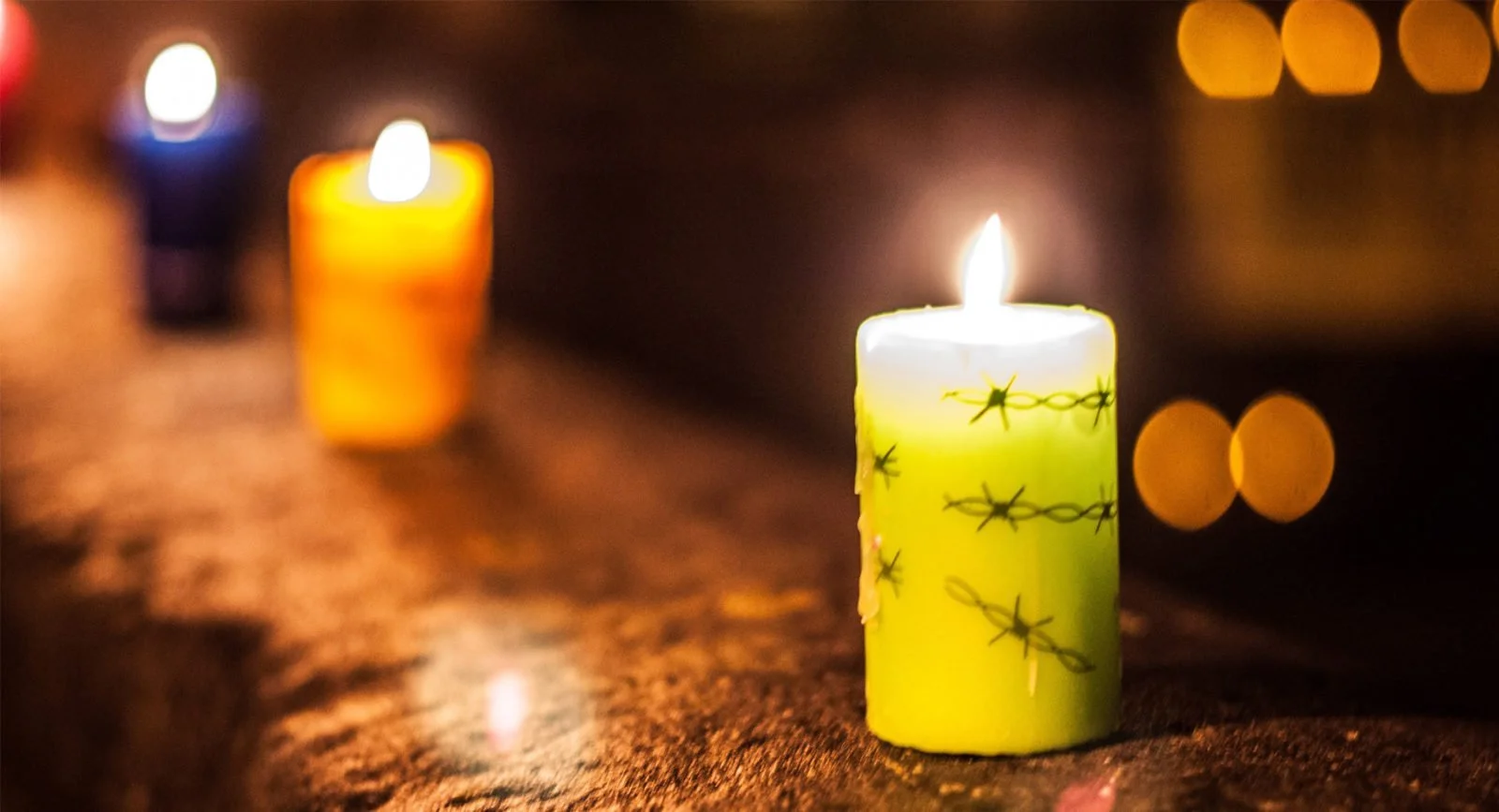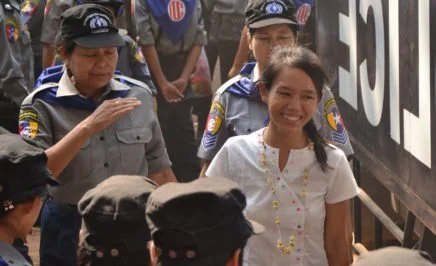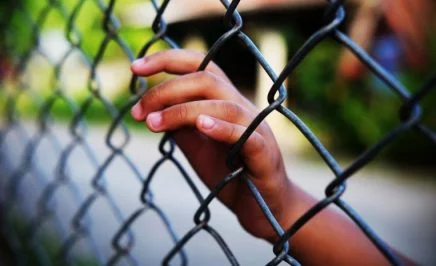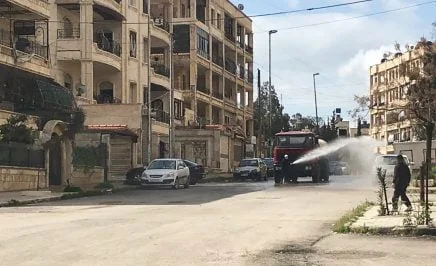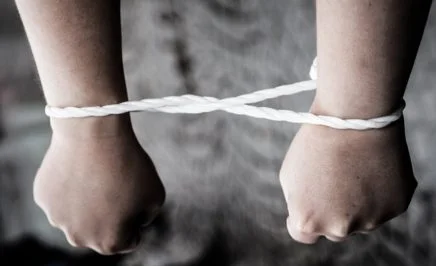Amnesty Indonesia and Amnesty Australia welcome the decision of Indonesian authorities to release 30,000 prisoners to minimise the risk of infection with COVID-19. Overcrowding and unsanitary facilities have been posing a health threat to Indonesia’s prison population of more than 250.000 prisoners.
While the move is welcomed, it must be extended to all prisoners of conscience. Hundreds of people are behind bars for simply exercising their rights to freedom of expression and peaceful assembly. Now they are also faced with an unprecedented and unacceptable risk to their health
“All prisoners of conscience (PoC) – political activists, human rights defenders, and others imprisoned solely for peacefully exercising their rights – must be immediately and unconditionally released,” Amnesty International Indonesia director, Usman Hamid, said.
“That includes the release of 57 PoCs from Papua. Freedom of expression and assembly they exercised are rights protected in our Constitution and the International Covenant on Civil and Political Rights. Criminally charging someone for his or her peaceful expression is a blatant violation to these constitutional rights.
“Indonesian authorities must be able to distinguish people who peacefully advocate for the right to self-determination from those who use force or use expressions that incite discrimination, hostility or violence. Their expression is part of the rights to freedom of thought in the community.”
In the time of this pandemic, the authorities should also re-examine the cases of all prisoners in pre-trial detention with a view to releasing them. According to international human rights law and standards, there is a presumption of release pending trial, in accordance with the presumption of innocence and right to liberty. This entails the release of MG, an alleged minor from Papua, accused of the killing of construction workers and currently stands trial in Jakarta.
“Detention against him should be suspended. The judges should determine his fate by immediately declaring the result of a legitimate forensic test upon his age. His right to health must not be denied,” Hamid said.
The Indonesian authorities should also consider an early or conditional release of prisoners at high risk, such as older prisoners or those with serious medical conditions.
“As outlined by the World Health Organization, they are vulnerable communities to COVID-19. In the name of humanity, they must be released.”
Prisoners and detainees, including ten thousand people arbitrarily detained, are at risk of contracting COVID-19 as they are held under unhygienic conditions in locations across the country.
“In Indonesian prisons and detention centres, the conditions of lacking access to clean water and severe overcrowding will be exacerbated by the outbreak.”
The Indonesian authorities must therefore cooperate with the hospitals to prevent the spread of COVID-19 in the country’s prisons and detention centres.
“Indonesia has a long record of denying prisoners and detainees’ medical care and medicines, something they urgently need. Anyone detained must have access to prevention and treatment services as the COVID-19 pandemic threatens lives,” Hamid said.
The authorities should ensure that all prisoners have prompt access to medical attention and health care to the same standards that are available in the community, including when it comes to testing, prevention and treatment of COVID-19. Prison staff and health care workers should have access to adequate information, equipment, training and support to protect themselves.
